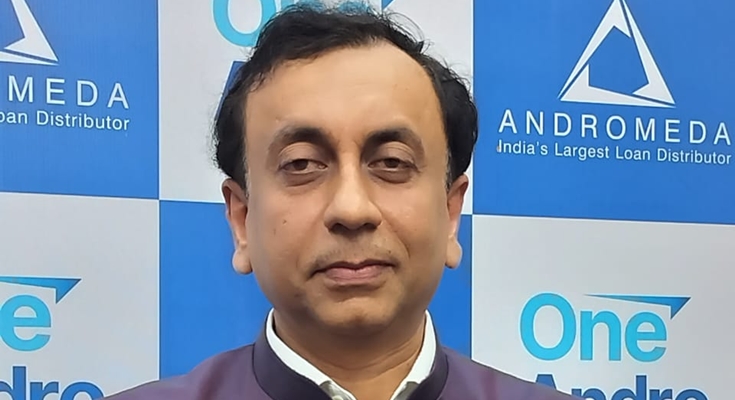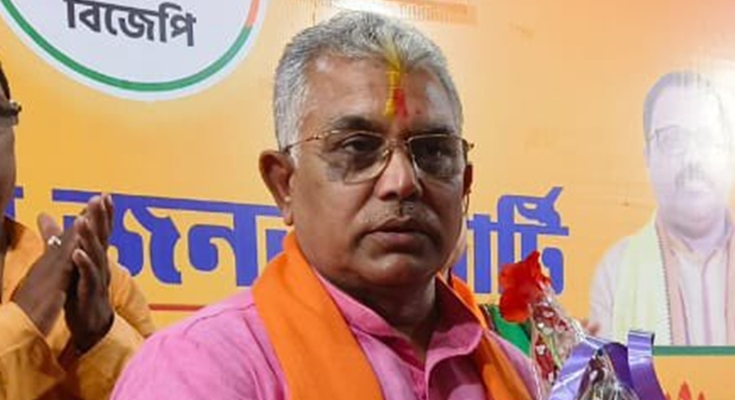Banner Slider
Andromeda’s loan disbursal surges by 23% to ₹75,397 cr; home loan segments shows robust growth
Andromeda Sales and Distribution, India's leading loan distribution network, witnessed remarkable growth in its loan…
Empowering the LGBTQIA+ community: A comprehensive look at Pride+ app’s revolutionary approach
In an age where social media often fails to adequately cater to the diverse needs…
Genesys International Secures Order Worth Rs 35 Crores to Adopt Digital Twin in Pune City
Genesys International, one of the leading homegrown players in mapping technology has announced that Pune…





